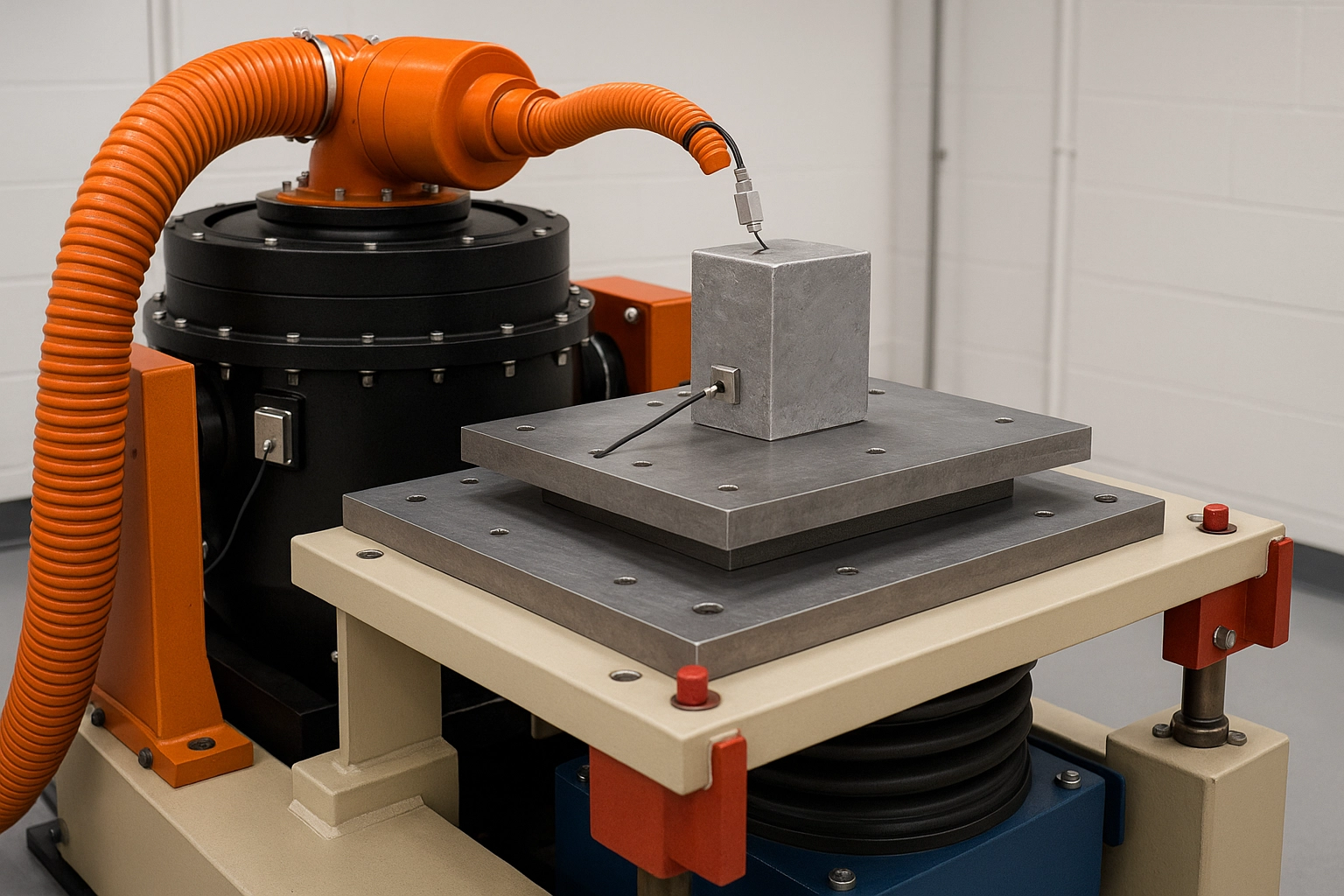JIS D1602 Shock Testing Standard for Vehicle Components
The JIS D1602 standard is a critical benchmark in ensuring the durability and reliability of automotive components under shock loading conditions. This Japanese Industrial Standard, widely recognized globally, sets out stringent requirements for testing vehicle components to evaluate their resistance to mechanical shocks and vibrations.
Automotive components must withstand various environmental stresses during manufacturing, transportation, use, and maintenance. JIS D1602 provides a standardized method to simulate these conditions in the laboratory setting. By adhering to this standard, manufacturers can ensure that vehicle parts are robust enough to perform optimally under real-world shock events.
The testing procedure outlined in JIS D1602 involves subjecting specimens to controlled impact loads using specialized equipment designed to mimic the types of shocks they might encounter during operation. This includes sudden changes in speed, collisions, and other dynamic forces that can affect component integrity.
Key elements of the test include selecting appropriate shock levels based on the type of vehicle component being tested and determining the duration and frequency of these shocks. Proper specimen preparation is crucial; it ensures accurate and reliable testing results. This may involve cleaning, inspecting for defects, and applying any necessary coatings or lubricants before placing them into the testing apparatus.
The test equipment used in JIS D1602-compliant laboratories typically consists of drop towers, pendulum machines, and other systems capable of generating controlled impulse forces. These devices are calibrated to deliver precise shock pulses within specified parameters defined by the standard.
After undergoing the prescribed shocks, components undergo visual inspection followed by detailed analysis using non-destructive testing techniques such as ultrasonic flaw detection or radiography. Acceptance criteria specify acceptable limits for damage and deformation, ensuring that only parts meeting these standards pass the test.
The importance of JIS D1602 cannot be overstated. It helps prevent costly failures in production lines by identifying weak points early on. Additionally, compliance with this standard enhances brand reputation among consumers who value safety and quality above all else.
For those involved in automotive development or manufacturing processes, understanding the nuances of JIS D1602 is essential for meeting regulatory requirements and ensuring product performance meets expected standards.
Why It Matters
The implementation of JIS D1602 is vital because it ensures that automotive components can withstand the rigors of real-world conditions. Automotive parts subjected to this testing undergo controlled shock impacts designed to replicate potential hazards encountered during vehicle operation.
- Shock loads simulate sudden accelerations and decelerations experienced by vehicles.
- These tests help identify design flaws or material weaknesses before mass production begins.
- Compliance with JIS D1602 demonstrates a commitment to quality assurance, enhancing customer confidence in the product's reliability.
In essence, adhering to this standard not only protects consumers but also contributes to environmental sustainability by reducing waste from defective products and minimizing recalls.
Industry Applications
| Component Type | JIS D1602 Test Application |
|---|---|
| Bumpers | Evaluating resistance to impact forces from rear-end collisions. |
| Seatbelts | Determining ability to absorb energy during a crash scenario. |
| Shock Absorbers | Assessing performance under repeated high-impact conditions. |
| Brakes | Testing for integrity after exposure to sudden deceleration forces. |
The JIS D1602 standard finds extensive application across various automotive sectors, including passenger cars, commercial vehicles, and off-road machinery. By incorporating these tests into their quality control protocols, manufacturers ensure that every component meets stringent performance expectations under simulated shock conditions.
Eurolab Advantages
EuroLab offers comprehensive services aligned with JIS D1602 standards, providing clients with accurate and reliable results. Our state-of-the-art facilities equipped with cutting-edge equipment guarantee precise reproduction of shock environments. With experienced technicians who are well-versed in international testing protocols, we deliver consistent outcomes that meet all necessary criteria.
We offer flexible scheduling options to accommodate busy schedules while maintaining high standards throughout our processes. Clients benefit from transparent communication channels ensuring they stay informed about every stage of the testing process.
Our commitment extends beyond just meeting current regulations; we invest continuously in research and development aimed at staying ahead of future trends in automotive technology. This proactive approach ensures that our clients receive cutting-edge solutions tailored specifically to their needs.





